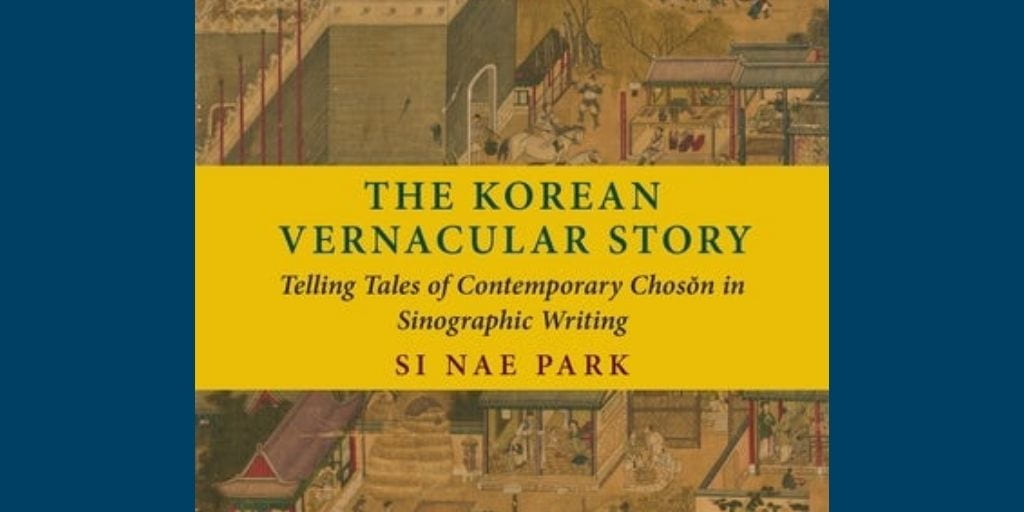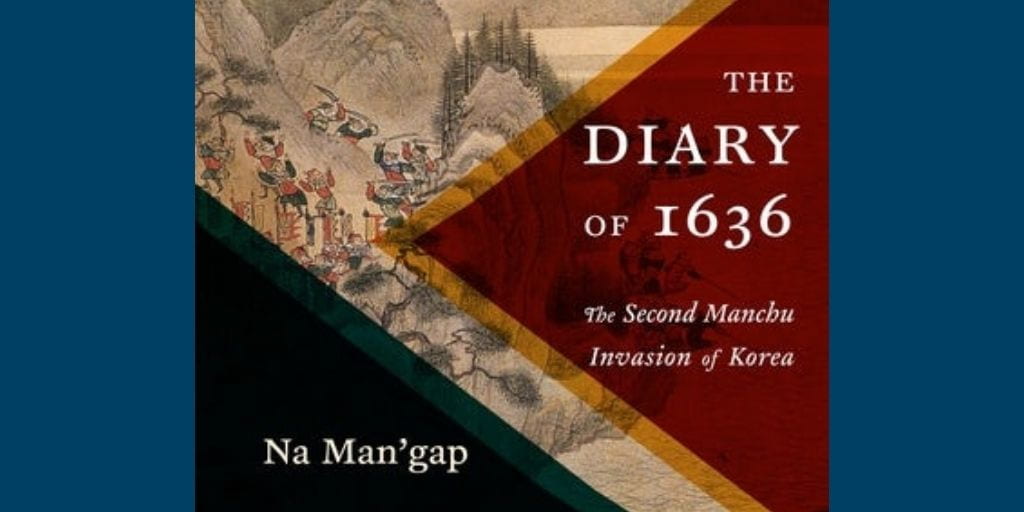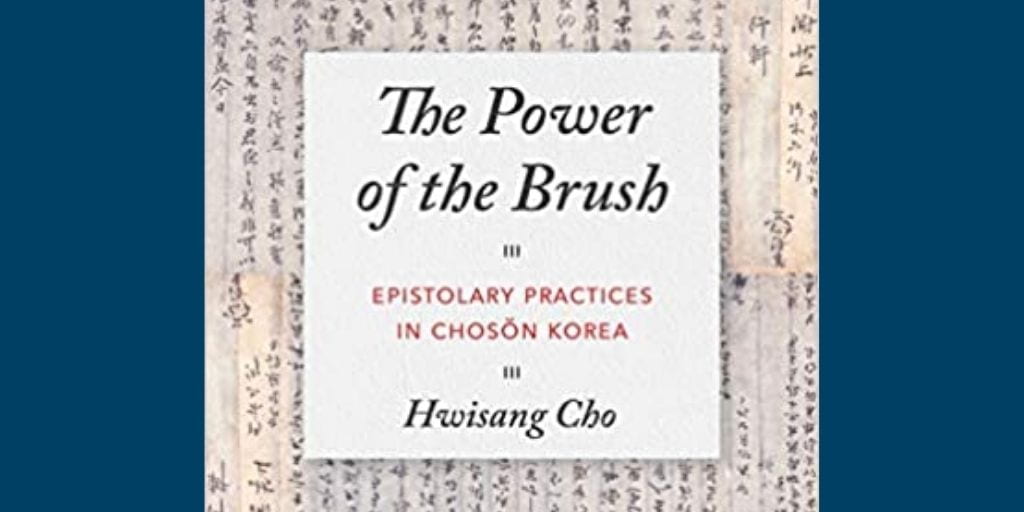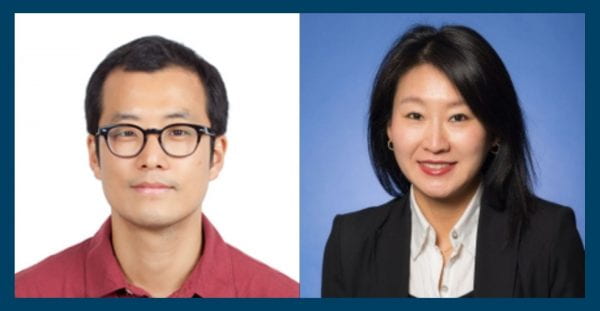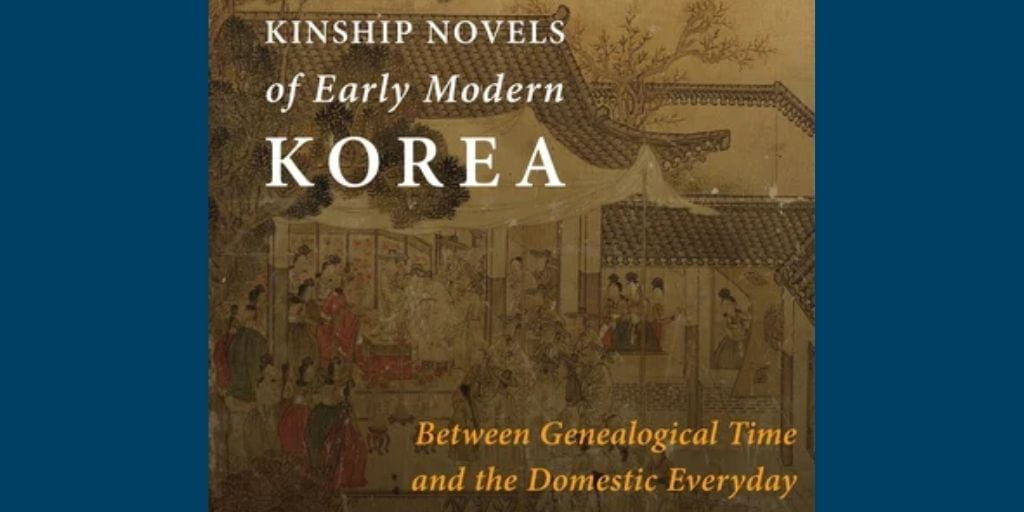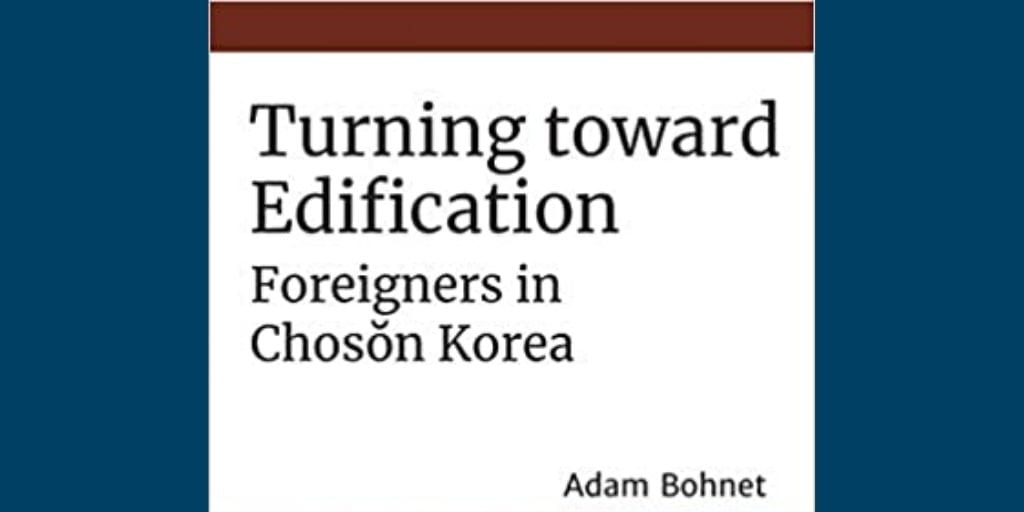Book Talk Series on Chosŏn Korea
Speaker
Si Nae Park, Associate Professor of East Asian Languages and Civilizations, Harvard University
Moderator
Jisoo Kim, Director, GW Institute for Korean Studies; Co-Director, East Asia NRC
Date & Time
Thursday, March 11, 2021 4:00 p.m. – 5:30 p.m. Eastern Time
Virtual Event
This event is on the record and open to the public.
Win a book giveaway! We will send one copy of the book to one of the guests who submit their questions during the event!
Event Description
In this presentation, Si Nae Park introduces her book The Korean Vernacular Story: Telling Tales of Contemporary Chosŏn in Sinographic Writing (Columbia University, 2020), the first book in the English language on the late Chosŏn literary genre of yadam. The presentation has two components. First, Park highlights key points of her book: how the culture of eighteenth-century Seoul as the political, economic, and cultural center of Chosŏn Korea (1392–1910) gave rise to a new vernacular narrative form that was evocative of the spoken and written Korean language of the time, and how yadam narratives spread in the late Chosŏn culture of texts. Next, Park discusses the book’s implication as a research project that extricates the genre of yadam from the nation-centered literary historiography (kungmunhak) of the 20th century, and puts forward a need to consider vernacular eloquence beyond the Korean script and script-focused linguistic nationalism.
Speaker

Si Nae Park is Associate Professor of East Asian Languages and Civilizations, Harvard University. She studies the literature, culture of texts, history of writing and reading, and linguistic thought of Korea within the larger context of the Sinographic Cosmopolis. Park’s research specializes in the role of linguistic sensibilities in perception, conceptualization, production and diffusion of literature, literary historiography, and canon formation. Currently, Park is working on her second monograph to examine the impact of aurality on literature with a focus on Chosŏn vernacular novels (ŏnmun sosŏl) as vocalized books. Her first book, The Korean Vernacular Story: Telling Tales of Contemporary Chosŏn in Sinographic Writing (Columbia University, 2020), explores the rise of the vernacular story genre (yadam) in sinographic writing, challenging the script (han’gŭl)-focused approach to 20th-century Korean language and literature. Park the co-editor of Score One for the Dancing Girl and Other Stories from the ‘Kimun ch’onghwa’: A Story Collection from Nineteenth-Century Korea (University of Toronto Press, 2016).
Moderator
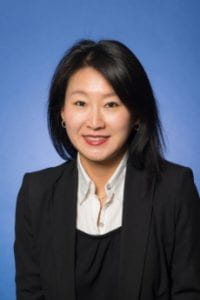
Jisoo M. Kim is Korea Foundation Associate Professor of History, International Affairs, and East Asian Languages and Literatures. She currently serves as the Director of the Institute for Korean Studies and the Co-Director of the East Asia National Resource Center at GW. She also serves as the Editor-in-Chief of the Journal of Korean Studies. She is a specialist in gender, law, and emotions in Korean history. Her broader research interests include gender and sexuality, crime and justice, forensic medicine, literary representations of the law, history of emotions, vernacular, and gender writing. She is the author of The Emotions of Justice: Gender, Status, and Legal Performance in Chosŏn Korea (University of Washington Press, 2015), which was awarded the 2017 James Palais Prize of the Association for Asian Studies. She is also the co-editor of The Great East Asian War and the Birth of the Korean Nation by JaHyun Kim Haboush (Columbia University Press, 2016). She is currently working on a book project tentatively entitled Sexual Desire, Crime, and Gendered Subjects: A History of Adultery Law in Korea. She received her M.A., M.Phil., and Ph.D. in East Asian Languages and Cultures from Columbia University.

